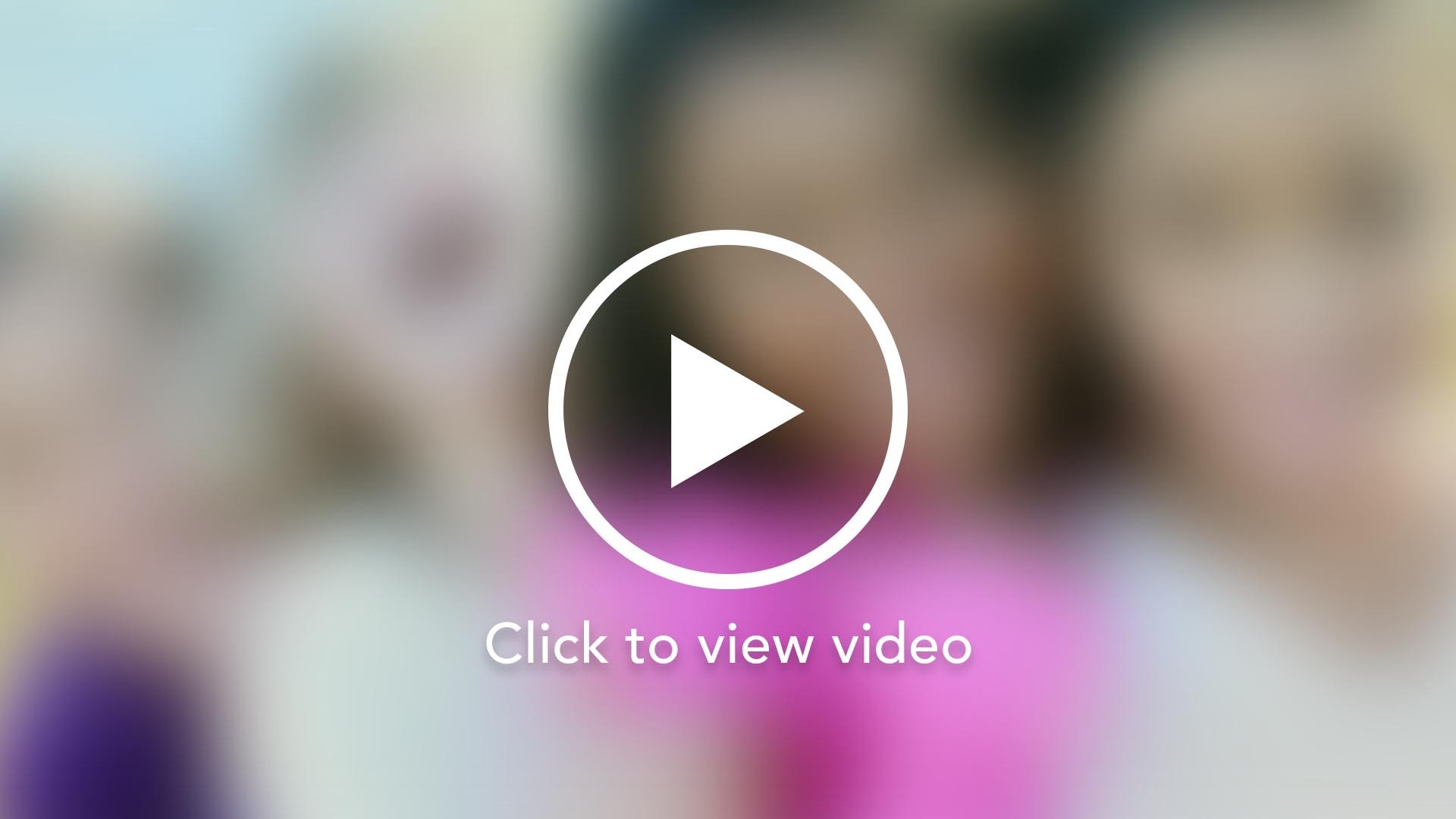TEACH & EXPLORE
Grade K – 2
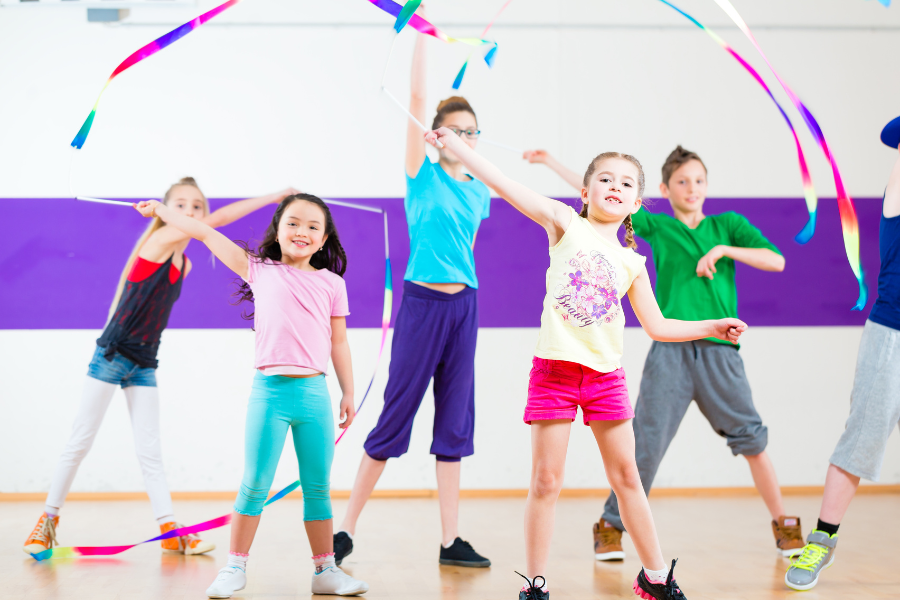
Lesson 1
Teacher uses her/his phone and plays the Curious George theme song from the cartoon show on PBS. Curious George Theme Song Students dance and sing along. With a show of hands, ask students if they’ve read any Curious George books or watched the cartoons on TV. What do they like most about Curious George? Why?

Lesson 2
Curious George Read Aloud: Reading Rhinos Teacher talks about a time, if applicable, when she/he first read a Curious George book. Have students act out the part when Curious George was holding onto balloons (hands up and sway in place) and flying in the sky. Why are good stories important? Tell a story to a partner.
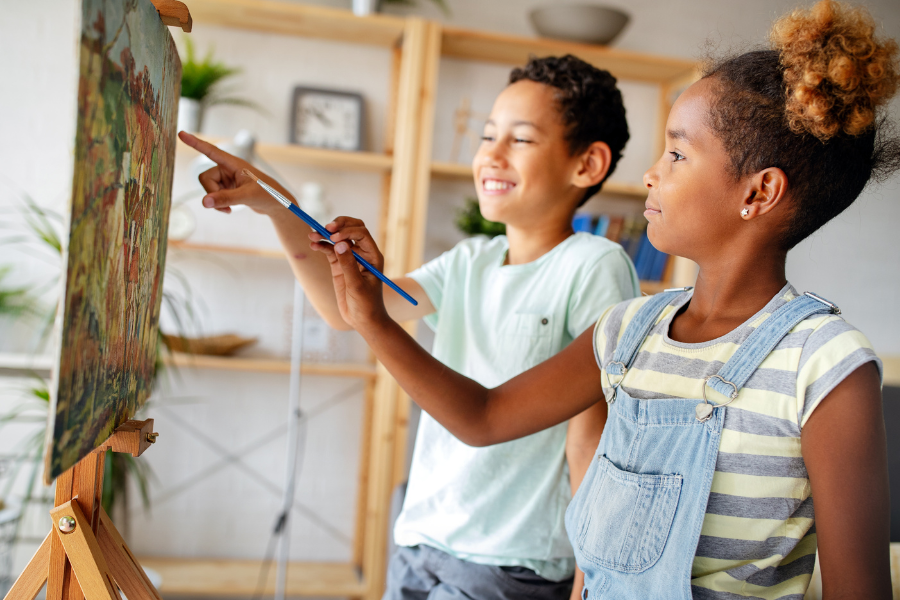
Lesson 3
Marc Chagall for Kids, Teachers, and Parents Watch the video about artist Marc Chagall. In it, you’ll learn how he became one of the most important artists of the 20th century. You’ll also see an opportunity to create something of your own. Just like you, many Jewish children loved reading books, taking dance lessons, singing in a choir, playing the piano or violin, creating drawings and paintings, or playing a sport like t-ball or soccer or baseball. In small groups of 2 or 3, share what you love to do. As a class, stand with your feet still and use your arms to pose doing what you love. Imagine someone telling you can’t do what you love anymore. How would you feel?
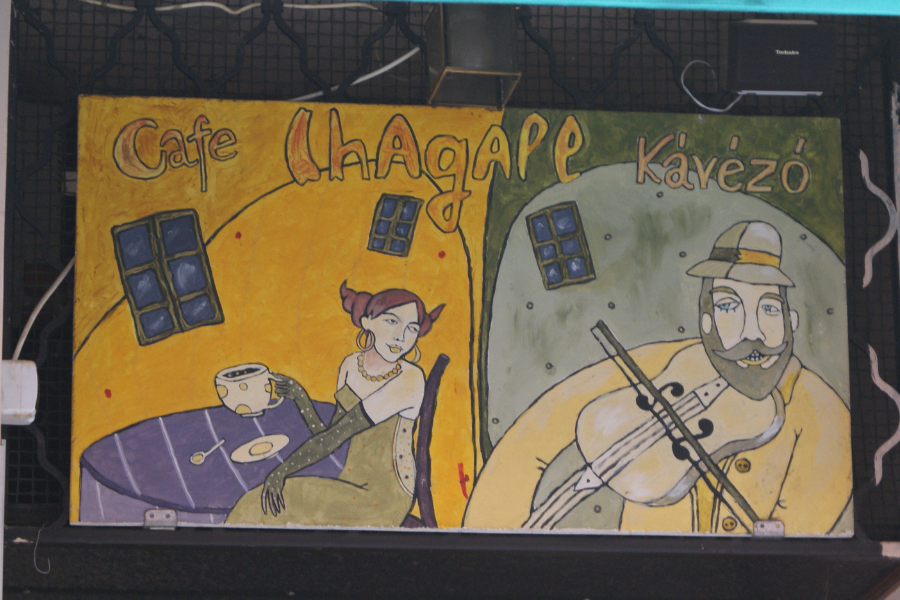
Lesson 4
Try to create a drawing in his style, which you can do once you return to school. What did you learn about Marc Chagall? What would the world be like if he wasn’t able to share his creativity with us?
Grade 3 – 5
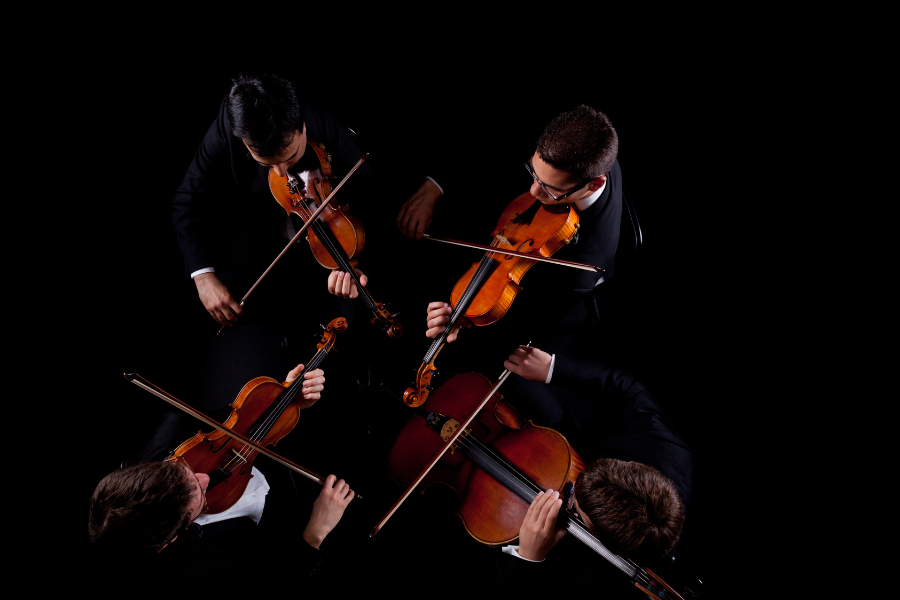
Lesson 1
Fannie Mendelssohn-String Quartet in E flat major Stand (or sit if possible) and listen as the Attacca Quartet plays this lovely music. Close your eyes. How does the music make you feel? What images come to mind? Why is music important? Imagine what life might be like without music. Discuss. How would you help others to preserve music for future generations?
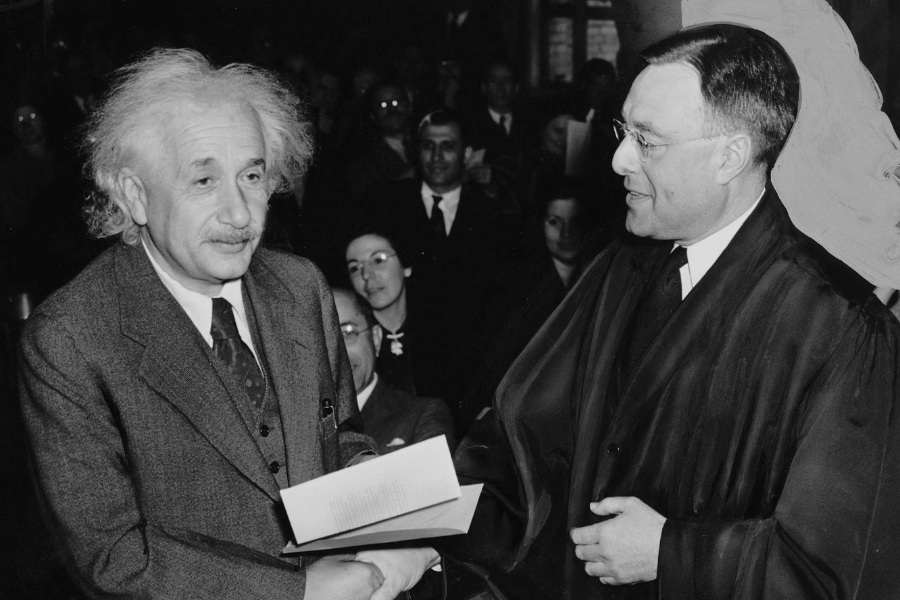
Lesson 2
Who Was Albert Einstein? After viewing the video, think about, then discuss three things you’ve learned. What might have happened if Einstein had been Unable to leave Germany and had instead been captured by the Nazis? Why is this important?
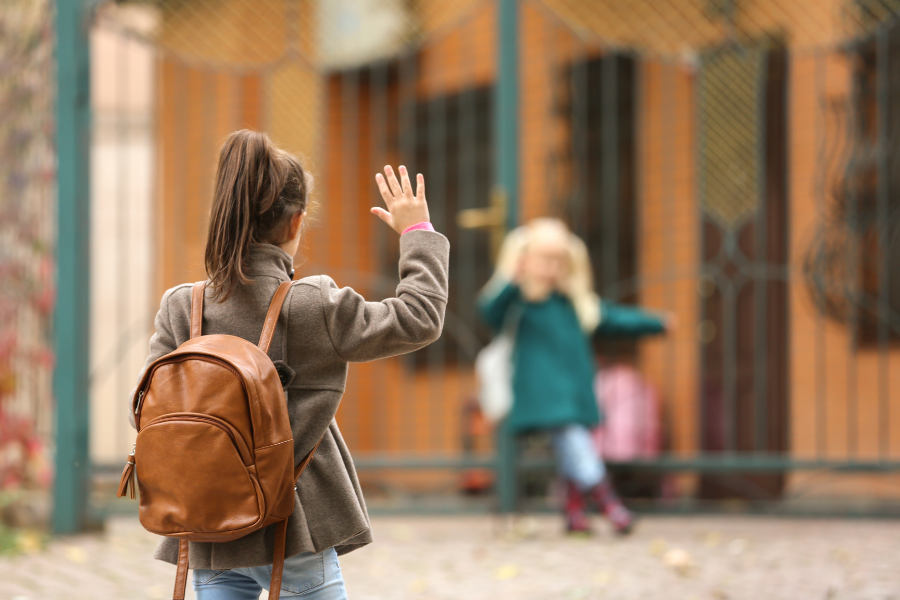
Lesson 3
You’re talking to your best friend one morning In the hall outside your classroom. The school principal approaches, a worried look on her face. Your friend gathers her personal things and reports to the front office. Your friend is going to a new school only for students with blonde hair. With a partner or as a whole group, what questions would you ask? What actions could you take to help your friend?
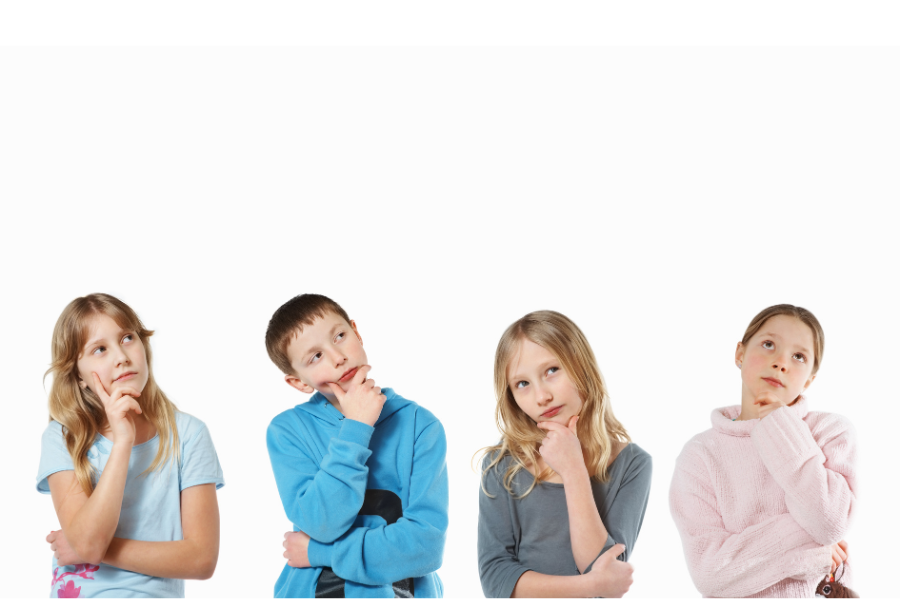
Lesson 4
Think about what you’ve learned about how changes to everyday life impacted Jewish children and their families during the Holocaust. Use your body and create a pose that expresses your feelings. Discuss.
Grade 6 – 8
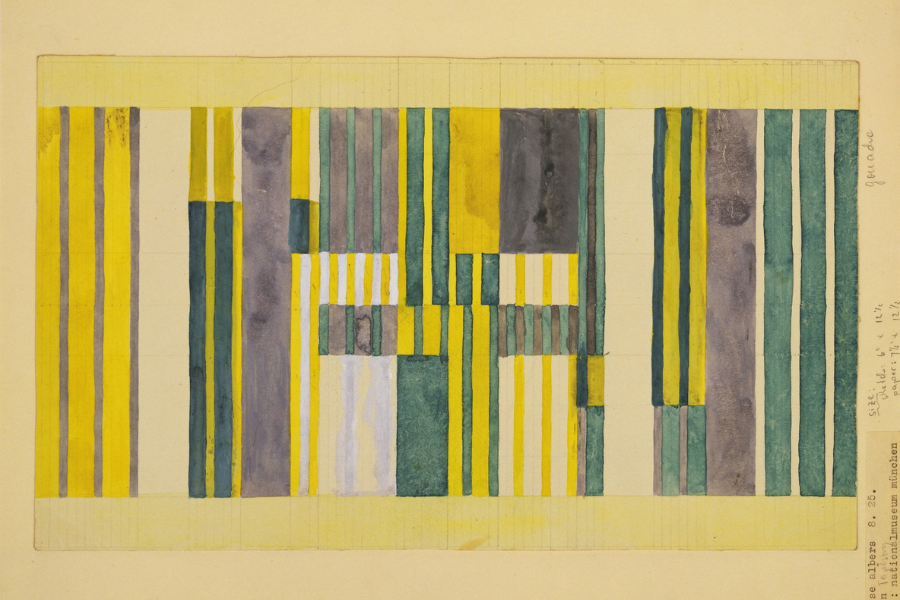
Lesson 1
Using your phone go to this website: www.theartstory.org Use Search at the top of the page and type Anni Albers. Click on her photo. Read the 3 quotes at the top of the page and the Summary of Anni Albers. Scroll down the page to Important Art and read about her piece Six Prayers. You can also click on Artwork Images to see a larger version of the work. After reading and viewing the artwork, silently pause to reflect on the the following questions: How can you help people who are different from you in terms of race or religion feel included? How did you feel after looking at the art symbolizing the deaths of 6 million innocent people? Share with a partner.
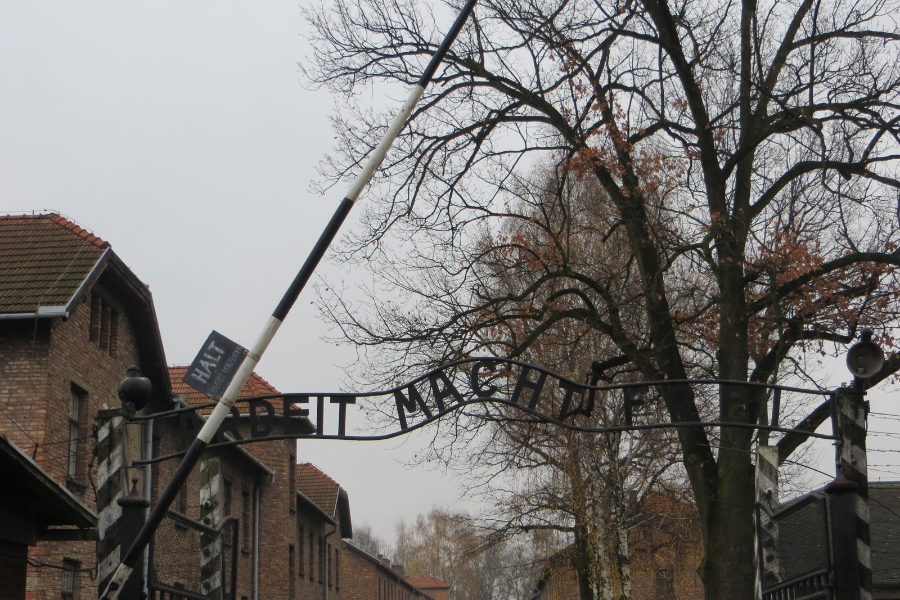
Lesson 2
Auschwitz Memorial on Twitter Use your phone to view photos from the Auschwitz Museum on Twitter. Nazi ideology proclaimed that Germany and the world had to be cleared of Jews. Scroll through the photos of men, women and children who perished in concentration camps. What do you notice? What feelings come up for you? When have you felt excluded from others at school? Who do you know that you and/or your friends avoid? Why? How do you include him/her at school? Discuss.
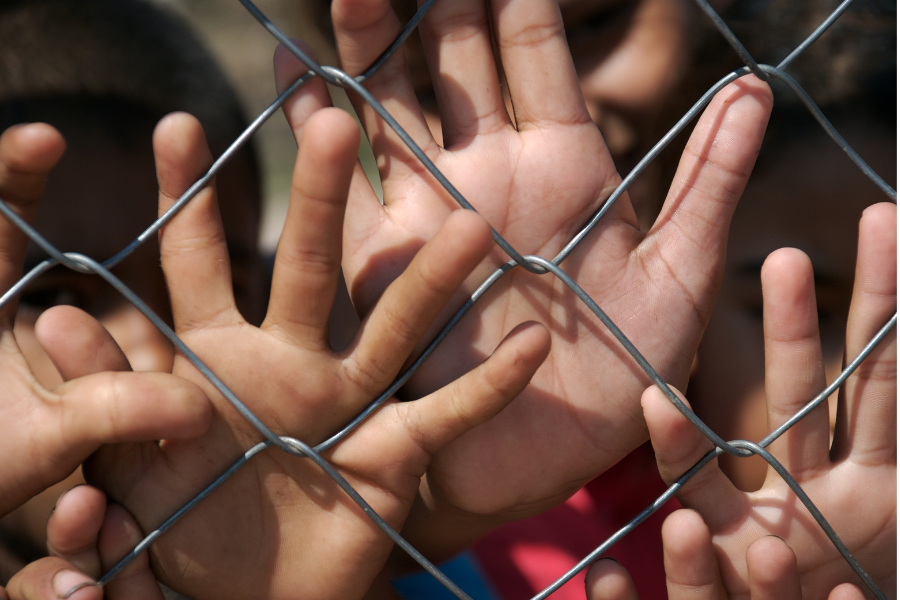
Lesson 3
Talk about the following scenarios with a partner or in small groups:
- How would you react if you were no longer allowed to go to school?
- What do you think it was like for kids your age in a concentration camp? Using your phone, find photos online.
- What would it be like to not have enough food to eat?
- Anne Frank and her family hid in a secret room for two years. How would you help that family survive?
- Why is it important to study the Holocaust?
Share your thoughts and ideas as a class.

Lesson 4
Use your phone to click on this link: Maus – Art Spiegelman Type Complete Maus in the search box, then Preview beneath the first entry. Scroll and look at the two book covers, then the two pages that look like comics, pgs. 5 & 6 Read. What happened to Artie? Has this ever happened to you? How does Artie’s father respond? What does it mean to be a friend? What did Artie’s father mean when he said: “FRIENDS? Your friends? If you lock them together in a room with no food for a week…THEN you could see what it is, FRIENDS!” Take notes on your phone in answer to these questions, then discuss with a partner.
Grade 9 – 12

Lesson 1
Alma Rose (born 1906, died 1944) was an Austrian violinist of Jewish descent and the niece of German composer Gustav Mahler. She was deported by the Nazis to Auschwitz in 1943 where she directed an orchestra of female prisoners who played for their captors to stay alive. Alma assumed leadership of the orchestra and made into an excellent group of musicians. All but two survived and lived to see the end of the war. Alma told the orchestra members we “survive together or die together. There was no halfway road.” View this video about the Women’s Orchestra of Auschwitz (World Jewish Congress) What inspires you about this story? What does this say about the impact of drastic change and the human spirit? Discuss.

Lesson 2
Use your phones to search for antisemitism in the United States today. Scroll through the list of news stories and incidents in 2022, and choose one or two to read. After reading, write on a phone app (Google doc, Quick Notes, etc.) your answers to these questions: Summarize what you read in one or two sentences. Are you surprised to find out antisemitism still exists? Do you have Jewish friends? If not, why? What actions can you take to support the Jewish community and an inclusive society? Why is this important today? Share with a friend or as a class.

Lesson 3
Read this article How Social Media Fuels Antisemitism Have you or someone you know experienced attacks on Facebook, Twitter, TikTok? How did it feel? After reading the article, what can you do to be a voice for inclusion on social media? Work with a partner to create a Facebook post, Twitter post, or TikTok video in support of equity and inclusion.

Lesson 4
Shootings in Jewish Community Centers Click on the link and scroll through the page. Read the headlines and notice the dates. Choose an article to read or a video to watch. Talk in small groups about what you learned. What surprised you? How can you use your voice to talk about this kind of violence? Should those who practice a different religion from you be persecuted in this way? How can your generation become advocates for change, now and in the future?
COMING SOON!
Watch the Exhibit come to life
